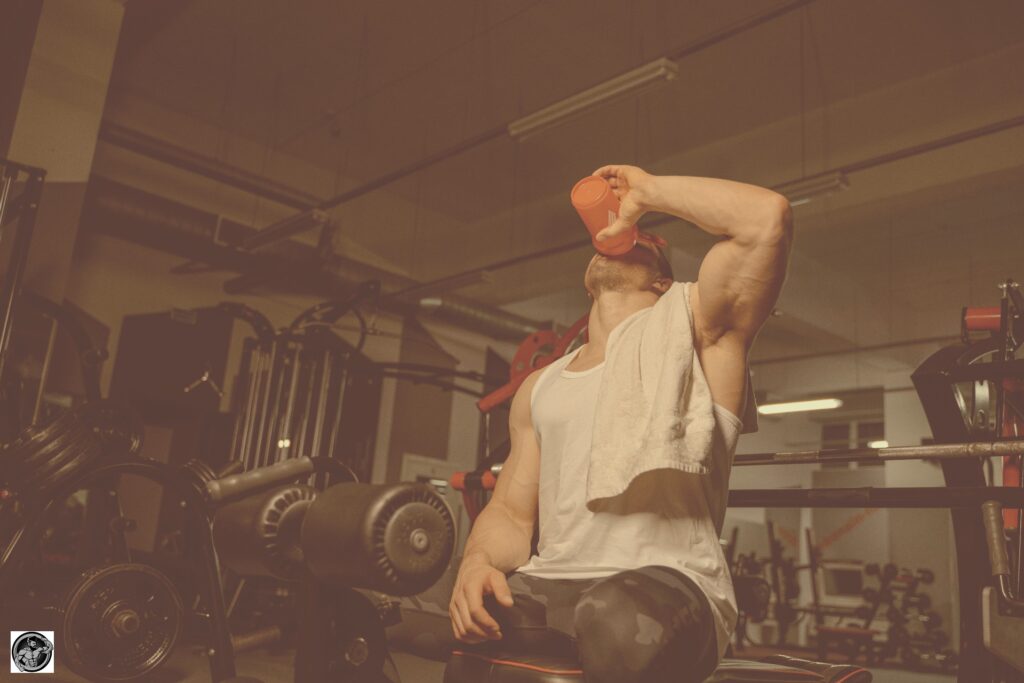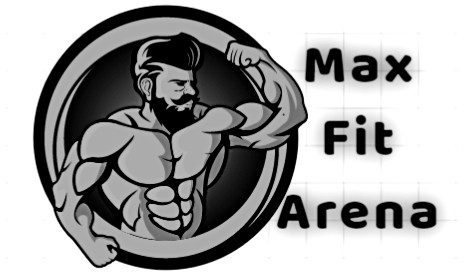Why do bodybuilders take creatine

Why do bodybuilders take creatine? Creatine is a naturally occurring substance that is found in the body. It helps to supply energy to the muscles, and this is why many bodybuilders take it as a supplement. In addition to providing energy, creatine also has other benefits that can improve your athletic performance. In this blog post, we will discuss some of the reasons why athletes take creatine and how it can help you reach your fitness goals!
Some of the benefits of creatine include:
- Increased muscle mass
- Improved strength and power
- Enhanced recovery from exercise
- Delayed onset of fatigue during exercise
Creatine can help you build muscle mass by increasing the amount of work that you can do in the gym. In one study, participants who were supplemented with creatine were able to increase their bench press one-rep max by an average of 15 pounds (kg) compared to those who did not take creatine! This is a significant difference that can lead to more gains in muscle mass over time.
In addition to increasing your strength, creatine can also help you power through your workouts by providing energy for your muscles. This is why many athletes take creatine before they train or compete.
Creatine can also help you recover from exercise faster by reducing the amount of muscle damage that occurs during strenuous activity.
Finally, creatine can delay the onset of fatigue during exercise, which allows you to train harder and for longer periods. In one study, cyclists who took creatine were able to ride for approximately eight percent longer before becoming fatigued.
What is Creatine(Overview)
Creatine is a substance that is found naturally in the human body, mostly in muscle tissue. It can also be found in some foods, including meat and fish. Creatine is often sold as a supplement, and it is frequently taken by athletes and bodybuilders to improve muscle mass and athletic performance.
Some research has suggested that taking creatine supplements may indeed enhance exercise performance, but other studies have found no such effects. Creatine is thought to work by increasing levels of phosphocreatine in muscle cells, which in turn helps to produce ATP (adenosine triphosphate), the body’s main energy source. ATP production is thought to be limited during high-intensity exercise, and supplementation with creatine may help to increase ATP levels and improve performance.
However, more research is needed to confirm these effects. Creatine is generally considered safe, but some people have reported side effects such as weight gain, cramping, and gastrointestinal distress. Overall, though, creatine appears to be a safe and effective way to improve exercise performance. source
How can Creatine help you reach your goal as a bodybuilder?
As anyone who has set foot in a gym can attest, the path to becoming a bodybuilder is not an easy one. It requires dedication, discipline, and above all else, hard work. But even the most dedicated bodybuilder will only see results if they are using the right tools and supplements.
One such supplement is Creatine, which has been shown to increase muscle mass and improve exercise performance. Creatine works by providing the muscles with extra energy, allowing them to work harder and longer. As a result, bodybuilders who use Creatine can see faster results from their training.
In addition, Creatine has also been shown to improve recovery time after exercise, meaning that bodybuilders can train more frequently without fear of overtraining. For anyone serious about achieving their bodybuilding goals, Creatine is an essential supplement.
The Risk behind Creatine
Creatine has been around for a while and it’s no surprise that people are still debating the risks and benefits of this supplement. While some argue that creatine is dangerous and can cause health problems, there is very little evidence to support these claims. Creatine is one of the most studied supplements in the world, and it is safe for most people when used as directed.
That being said, there are still some risks associated with creatine use, and it’s important to be aware of them before you start taking this supplement.
- The most common side effect of creatine is weight gain, as the body holds onto water when Creatine levels are increased.
- This can lead to dehydration if you don’t drink enough fluids, so it’s important to stay well-hydrated when using this supplement.
- Some people also report gastrointestinal bloating and cramping, but these side effects are usually mild and go away with time.
Overall, Creatine is a safe and effective supplement for most people, but it’s important to be aware of the potential risks before you start taking it.
Final thought
In conclusion, bodybuilders take creatine for a variety of reasons. It can help to increase muscle mass, strength, and power. It can also improve recovery time and decrease fatigue.
Creatine is a relatively safe supplement, and many bodybuilders believe that the benefits outweigh the risks. However, it is important to consult with a healthcare provider before starting any supplement regimen.
FAQ
Does creatine cause muscle damage?
No, creatine does not cause muscle damage. Creatine is often used as a supplement to help athletes and bodybuilders increase muscle mass and improve athletic performance.
One of the main benefits of creatine is that it helps the body produce more energy. This increased energy helps the muscles work harder and longer during exercise, which can help improve overall athletic performance. Additionally, creatine has been shown to help protect against muscle damage and soreness caused by intense exercise.
Who shouldn’t take creatine?
Creatine supplements are safe and effective for most people, but there are a few people who should avoid them. Pregnant or breastfeeding women, and people with kidney problems, should not take creatine supplements. Additionally, people taking medications that affect their kidneys should consult a doctor before taking creatine supplements.
What happens when stop taking creatine?
When you stop taking creatine, your body will go back to producing creatine on its own. However, it can take up to four weeks for your body to start producing creatine again. during that time, your muscles may not have as much energy or strength.
Does creatine make you bald?
Creatine is a popular supplement taken by athletes and bodybuilders to increase muscle mass. While it’s not clear whether creatine causes hair loss, there is some evidence that suggests it could.
One study showed that men who took creatine supplements were more likely to lose their hair than men who didn’t take them. Another study showed that rats who took large doses of creatine had reduced hair growth and smaller hair follicles.
So while there’s no definitive answer, it’s probably best to err on the side of caution and avoid taking creatine if you’re concerned about losing your hair.
Does creatine affect testosterone?
Yes. Creatine supplementation can cause a transient increase in testosterone levels and this increase is thought to be due, at least in part, to the ability of creatine to augment cellular swelling (a.k.a. cell volumization).
Creatine supplementation has been shown to increase not only testosterone levels but also muscle mass and strength. This may be due, in part, to the ability of creatine to augment cellular swelling (a.k.a. cell volumization) which is known to activate satellite cells – a type of stem cell that repairs damaged muscle tissue. As such, creatine may serve as an effective supplement for individuals seeking to boost their testosterone and muscle mass levels.”
